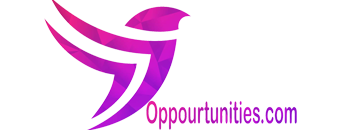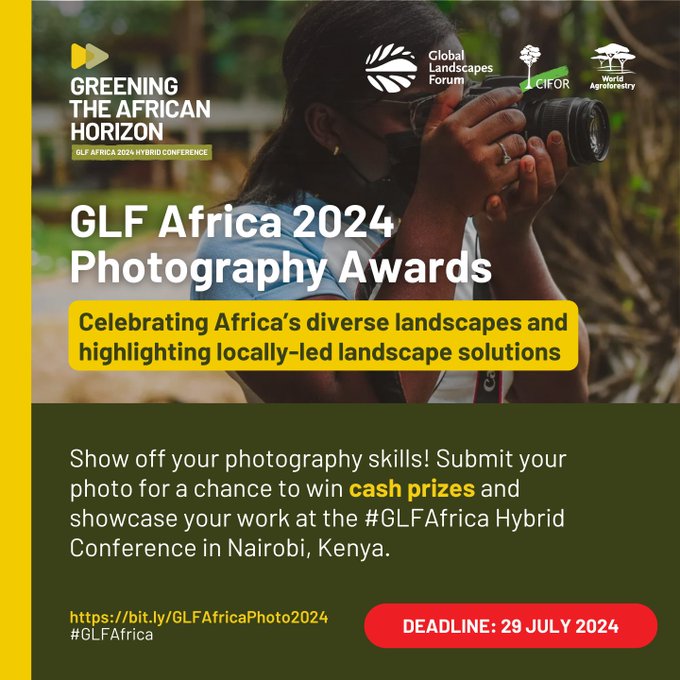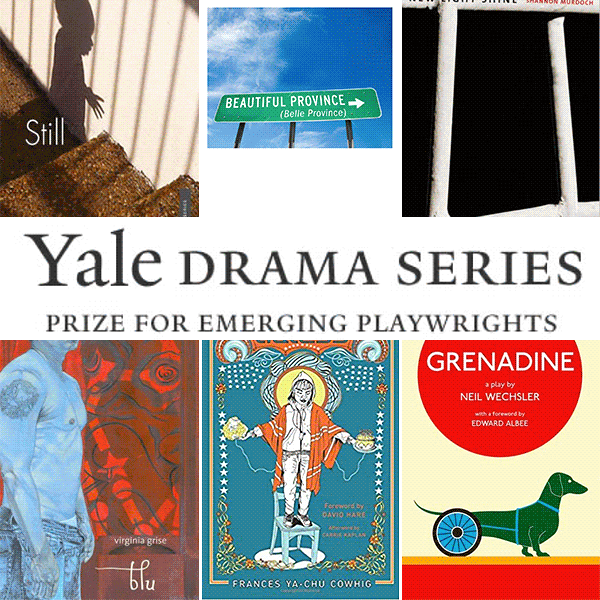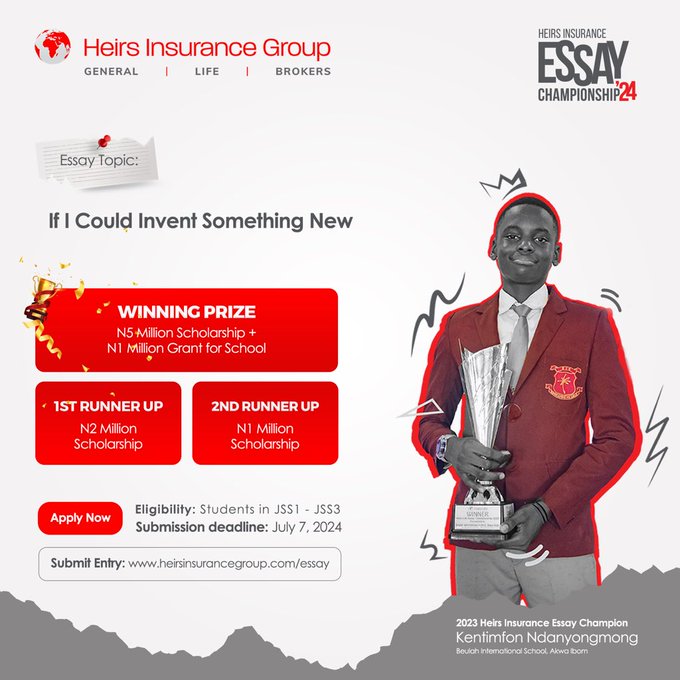
2022 African Union – European Union (AU-EU) Digital for Development (D4D) Hub Blogging Competitions for Bloggers from Africa & Europe
Deadline: October 7, 2022.
The African Union – European Union (AU-EU) Digital for Development (D4D) Hub invites bloggers from Africa and Europe to participate in its first blogging competition: How can Africa and Europe work together to tackle disinformation and protect human rights in the digital age?
The competition is open to all bloggers interested in freedom of speech, disinformation, open internet, and digital rights and principles. We are looking for blogs that present original views on how to tackle online disinformation through human rights-based actions, create awareness of the issues at stake, and foster new ways for Africa-Europe collaboration in the field.
ELIGIBILITY
- Only one submission per blogger is accepted.
- Blogs should be maximum 1200 words long.
- Entries in English and French are accepted.
- The deadline to participate is 7 October 2022.
- Participants should be citizens of an African Union or European Union Member State.
- Participants should be regular bloggers through their own blogs or as guests in external publications.
- Participants must speak a good level of English (B1) and have a valid passport until July 2023.
- All entries should be original content, not published anywhere else. The best blogs will be published on the AU-EU D4D Hub website.
- Blogs should focus on presenting good practices and solutions and proposing new ways of countering disinformation.
PRIZE
The author of the best blog will be invited to travel to Addis Ababa from 28 November to 2 December to attend IGF 2022. The costs to be covered by the AU-EU D4D Hub project include:
- Economy-class round ticket from country of origin to Addis Ababa through the most direct route.
- Tourist visa fees.
- Mandatory COVID-19 tests.
- Accommodation (for five nights).
SELECTION CRITERIA
The winner will be selected based on the following criteria:
- Objectivity: The blog cites several reliable sources and considers different angles. It is based on facts and solid research.
- Originality: The blog presents innovative solutions and fresh ideas that can have a positive impact on society.
- Clarity: The blog is well-structured and communicates a concise message.
- Human-centric principles: The blog shows commitment to tackling disinformation while protecting and promoting human rights in the digital environment.
APPLICATION
Participants are invited to submit a blog post based on the following guiding questions:
- What are the most effective measures against disinformation? How can such measures be balanced with the protection of fundamental rights, such as the right to freedom of opinion and expression?
- How can different actors (including the private sector, governments, civil society, academia, and experts) help tackle the spread of disinformation? What type of multi-stakeholder collaborations can be considered good practices?
- How can Africa and Europe cooperate to tackle disinformation? What are the similarities and differences in both continents regarding disinformation, digital rights, and best approaches? What type of collaborations can be considered best practices?



